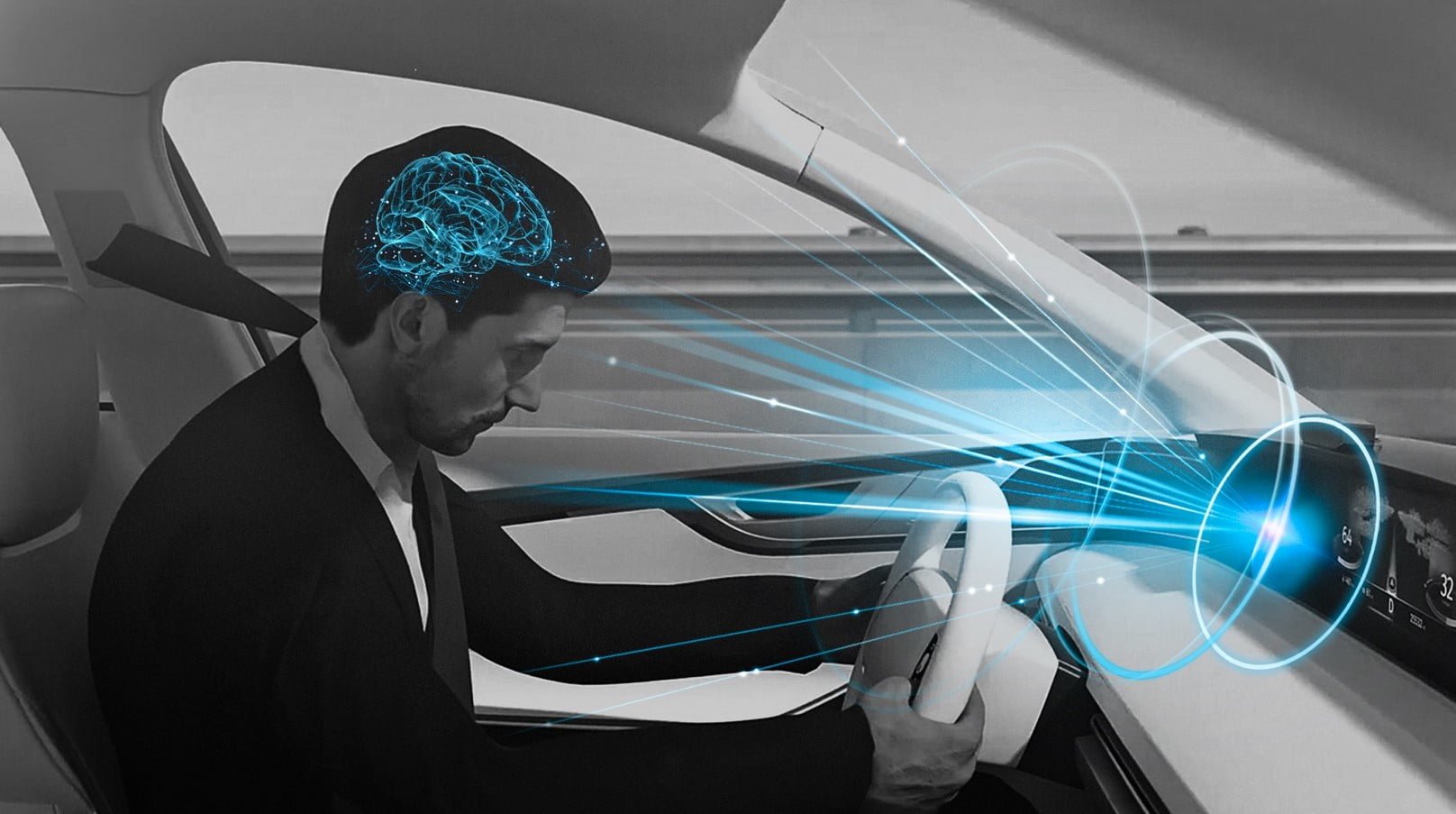
The Gyeonggi Research Institute conducted a study on the Hyundai Mobis M.Brain device, unveiled in July 2021, using data from a pilot project with public bus drivers as test subjects.
The M.Brain measures the driver’s real-time condition by detecting their brainwaves around the ears through sensors. The software, equipped with a noise reduction filter, collects data from these brainwaves and alerts the driver through a tracking application.
More importantly, the system it operates on can alert a tired driver with notifications for different sensory organs, such as sight (activating LEDs around the driver’s seat), touch (indicating seat vibrations), and hearing (pipe sound through a speaker in the headrest).
“As a result of the pilot application, it was demonstrated that drivers using M.Brain showed higher levels of concentration and were less exposed to the dangers of lack of attention,” said Hyundai Mobis.
The pilot project found that drivers using M.Brain were 30 percent more attentive after meals, a notorious time for drowsiness. It was also discovered to reduce driving inattention by 20 percent on roads.
Hyundai Mobis introduces the world’s first brainwave-based ADAS system, M.Brain.
Hyundai Mobis plans to expand the deployment of M.Brain to 300 public buses by the end of the year. The plan is to “increase the size of the demonstration and adopt deep learning to expedite the analysis process,” according to the company.
While the practicality of this technology remains uncertain, it seems to hold potential, especially for public transportation and commercial drivers.







